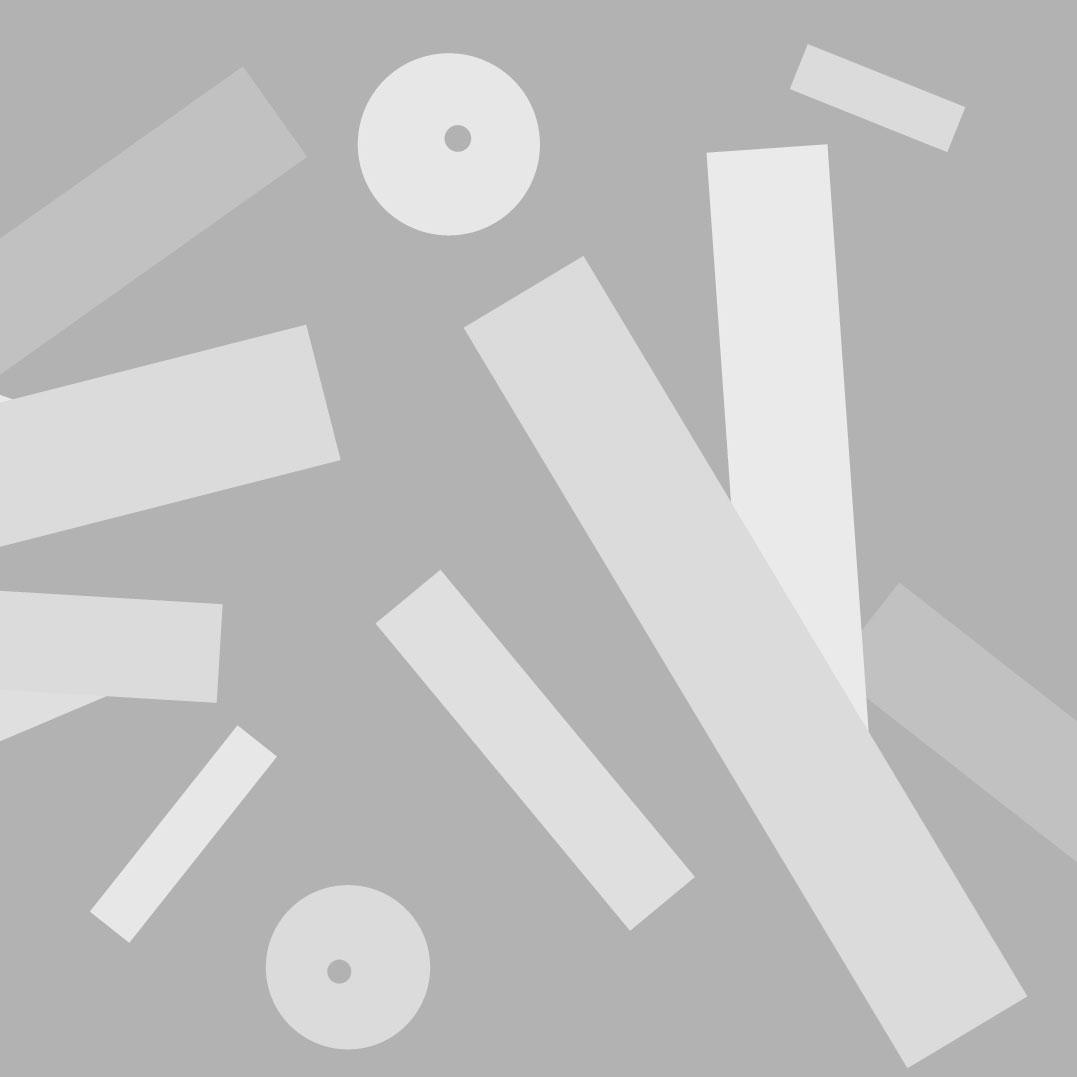Auditorium Melotti
D.A.V.E. digital amplifled vodeo engine
Proposed in twenty-two countries between Europe, Asia, North and South America and Australia, D.A.V.E, the show based on an idea by Klaus Obermaier and developed in collaboration with choreographer and dancer Chris Haring, has aroused interest and wonder everywhere because it is so up-to-date in form and themes. In fact, we find ourselves faced with an innovative synthesis of video, music and body enriched by cutting-edge technology and, at the same time, a profound and at times disenchanted reflection on the potential removal of the limitations of the body by technology itself. On the stage, flesh and virtuality, body and dream, reality and utopia coexist since, thanks to technological progress, man can experiment with an incredible variety of experiences: the distortion of limbs, gender change, body manipulation, the inversion of the flow of time, the suspension of the physical state. Everything happens thanks to the projection on the dancer's body of various video images that add limbs, sensory organs, alterations and open the way to a path of mutations. It is not clear whether the one on stage is a man, a being half man and half woman, half man and half thing, or something else. It is not known whether it is a dream or a nightmare. What is certain is that the projections, the physical presence and the sound environment merge, giving life to a new reality, called D.A.V.E., or digital amplified video engine, and where the dancer gradually loses his physicality, becoming part of the technology. The Austrian Klaus Obermaier, media artist and electronic musician, is the creator of numerous multimedia works and has always used technology in his creations.
Although leaning towards a technological and digital reality, in this show he still brings us back to the questions and sensations that have always tormented man in changes. Is this the future of humanity? Or just a new way of knowing? Is it the beginning of a new form of experience or the increasingly real confrontation with choices and dilemmas that until recently were thought to be impossible and now made possible by technology?
